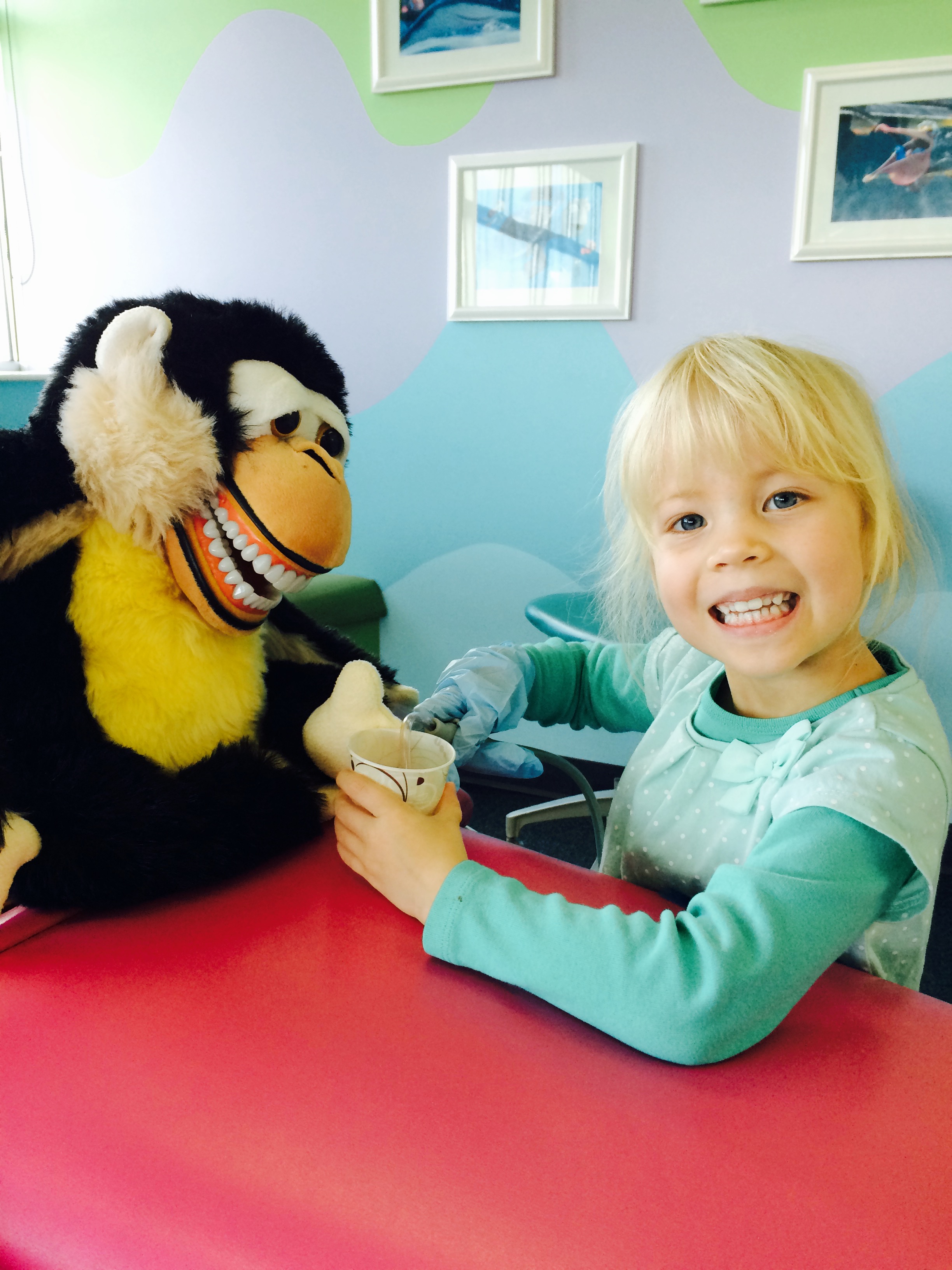Post-Operative Instructions

Post-Operative Instructions
Post-operative care following extractions
Bleeding is common after a tooth has been extracted. It is our office protocol to postpone allowing a patient to leave until bleeding has slowed considerably or stopped completely. Minimal oozing may occur for the remainder of the day. Please limit the amount of activity in which your child engages following an extraction as this may cause the site to begin bleeding again. Should bleeding start again, simply place more gauze in the site and have your child hold it in place with firm pressure. If this does not seem to do the trick or if you have any other questions, please do not hesitate to call our office at 303-793-0899.
A child should take Children's Tylenol, Advil or Motrin for the first day or two following a tooth extraction. This will allow your child to feel more comfortable as the gums and tissues heal.
It is important for a child's mouth to be kept as clean as possible while the gums heal following the procedure. Part of this effort is to avoid small foods such as chips, rice or beans for 3 days as these may become trapped in the healing tissues. Additionally, we recommend that a child avoids spitting, drinking from a straw and consuming hot beverages or food for 3 days.
An incredibly rare complication from a baby tooth extraction is infection. Signs of infection include redness, swelling, and pain in the area of treatment. If any of these seem to be present and prolonged, please do not hesitate to call Lone Tree Pediatric Dentistry at 303-793-0899 to speak with Dr. Nick.
Post-operative care after fillings, crowns, baby root canals or any other procedures requiring local anesthetic:
If the procedure was in the lower jaw, the tongue, teeth, lip and gums surrounding the tooth will feel numb.
If the procedure was in the upper jaw, the teeth, lip and gums surrounding the tooth will feel numb.
Pediatric patients may not understand the notion of a part of their mouth feeling numb. This confusion may lead them to scratch, bite or pick at the numb gums, lip or cheek. This manipulation may lead to irritation, abrasion or even swelling of the tissue.
In an effort to prevent this, please watch a child very closely for 2 hours following a dental procedure. Additionally, it is advised to keep a child on a liquid diet until the anesthetic has worn off to minimize the likelihood that he or she may bite his or her lip.